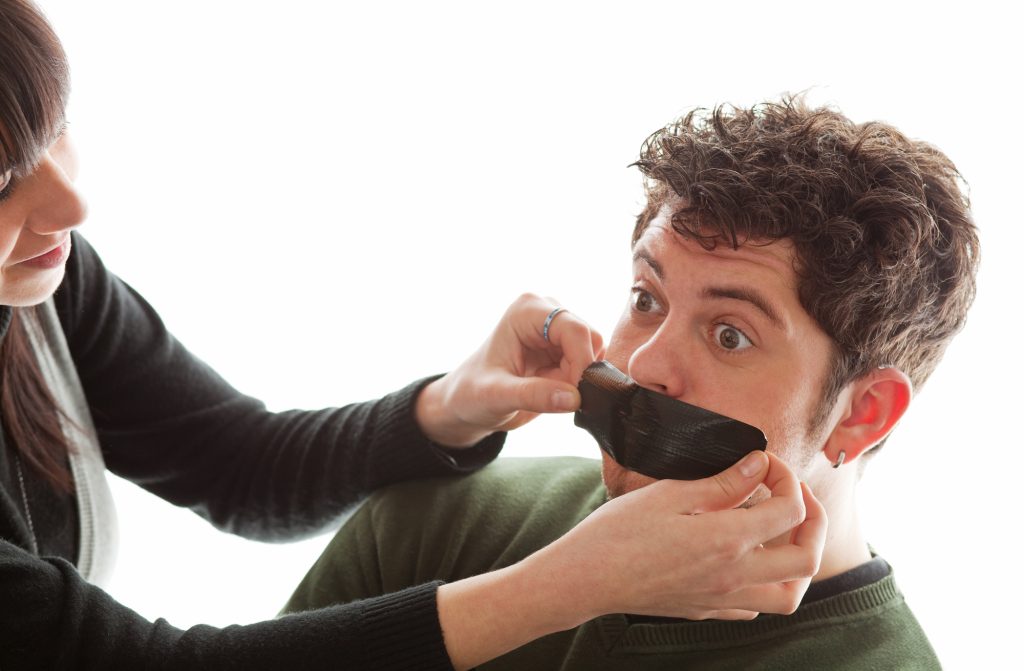Highschool, early 2000’s: P* and I are walking around the neighborhood for the umpteenth time. At one-point P* confessed that he changed his mind about one of his political stances. I criticized him for being hypocritical.
P* shrugged his shoulders and said, “Yeah, maybe. But without hypocrisy we can’t really grow.”
***
It’s been nearly 2 decades since that conversation and I still think about it often. We tend to frown upon hypocrisy, but actually, I think it’s an important human tendency. If we want to grow we need to change our world view.
Along those lines, I want to revisit some of the stances I held in previous articles. There is a lot I got wrong. I believe in openness, honesty, reflection, and growth. With that in mind, I want to practice a skill that I believe is of critical importance, especially these days: admitting mistakes graciously.
In this article, I aim to update my old thinking and set the stage for better conversations about mental health and flourishing. Previous articles that may reflect outdated thinking now link to this post and contain a disclaimer that I no longer believe all of the initial arguments. In the future, I may delete or update those articles.
6 times I changed my mind

1) I’ve become a big believer in the importance of expertise, education, and credentialing. In the 2016 article, “Don’t trust me, trust you” I discussed the process of learning to trust yourself. I made some idiotic assumptions and suggestions. Specifically, I dismissed the importance of expertise and experience. I cited the lack of reproducibility in psychology and other fields as evidence of the ability to dismiss research.
There were a few things going on that led me to get this so horribly wrong.
First, this article was written before Donald Trump became President. Trump, more than anyone else in the world, demonstrates the risks associated with consciously ignoring experienced experts. Sadly, these risks weren’t as clear to me back then.
Second, at the time, I was still working as a speaker / coach despite having no credentials. I needed to dismiss the importance of expertise because candidly, I had none.
These days, I think about the issue of expertise with more nuance. If someone is working in a field that directly impacts other people’s well-being, I think expertise is critical. More than that I think it’s straight up wrong to skip over education, training, licensure, and supervision when working with people’s wellness.
Should we care if the people giving us advice on health and finance took the time to become true experts (which, again, generally entails some sort of formal education)? Oh hell yes. I also argued in the article “Why I’ve lost faith in Tony Robbins (and most life coaches)” that coaching could be an appropriate medium for dealing with anxiety, confidence issues, and self-love. Bullshit, bullshit, bullshit. All three of those issues are best dealt with alongside a licensed therapist. I mean, hiring a coach to help you address your anxiety makes about as much sense as hiring a coach to help you address your broken arm.
However, in fields not related to people’s overall wellness – fields like business, entertainment, fashion, art, travel, etc. – I think reputation, innovation, and consistency matters far more than traditional expertise or education.
Should I care if my marketing consultants, graphic designers, or web developers went to college or grad school? Probably not.
2) On a related note: I’m really glad I finished undergrad. In that same article on learning to trust yourself, I mentioned regretting that I didn’t drop out of college. At the time, this was true. I thought it would have been pretty badass to be a dropout who went on to advise some of the world’s most influential organizations. I actually still think that.
And I still think that higher education is overpriced, slow, overvalued, stifling, tedious, uninspired, and not for everyone. It’s just that I needed an undergraduate degree to get into grad school, and I’m really glad I went to grad school.
3) I think there are times when it’s important to put other people’s needs ahead of my own. In the 2017 article, “How to overcome the need to be a people-pleaser,” I argued that one should default to putting their needs above those of others. These days, I think about this exclusively in shades of grey. Always prioritizing yourself will lead to isolation and disconnection – at best. But never prioritizing yourself will also lead to isolation and disconnection. So discernment matters here.
It’s important to learn to identify and prioritize your needs, and in many instances this is a pretty good default (though not necessarily for parents, especially parents of small children). But it’s also important to be able to identify when you should prioritize other people’s needs at the expense of your own. This is a truly messy process and one that is much more art than science.
In many cases – certainly in my own – overcoming people pleasing will require some healing and intentional work.

4) If you’re struggling with self-love or self-worth, I urge you to see a therapist. In the article, “Loving yourself is really f***ing hard: here’s how to do it” I suggested that you might be able to work with a friend, mentor, coach, or “guide.” In fact, the article’s existence kind of implies that there might be a way to heal yourself without involving another person.
These days, the only recommendation I ever make for people dealing with self-worth issues is to work with a therapist.
5) Somewhat ironically, I now believe that learning to love yourself requires other people. Struggles with self-esteem aren’t exactly struggles with how you relate to yourself. They are artifacts of our complicated relationships with the people who helped us (or really, failed to help us) develop our self-esteem. Just as these problems tend to be birthed from unhealthy relationships, they tend to be solved in healthy relationships.
Do I retract what I wrote in “Loving yourself is really f***ing hard”? Nope. I just want to add the importance of other people’s love and care as we develop love and care for ourselves.

6) I think that there are instances where avoiding a difficult conversation can be just as wise as having one. In 2016 I worked on leaning into hard conversations and I’ve written a lot about them since.
In 2017, a reader wrote to me saying that my work inspired her to contact her rapist and tell him that she forgave him. My heart stopped. While I hope she found the closure sheneeded, her note made me reflect on my objective with that article. I never intended to pressure anyone to contact someone who has brought severe harm upon them. Avoiding the risk of retraumatization is far more important than pursuing the (potentially improbable and undesirable) act of repairing things with someone you hoped to never see again.
While the extreme outliers like blatant abuse can be non-starters when it comes to hard conversations, I also think there are less severe instances where hard conversations might not be worth it.
I’ve learned that some people just can’t give us what we want from them. For example, you may want to have a hard conversation with one of your parents about the damage their constant criticism caused. But if you sense that the person may not be open to admitting they did harm, or that they’re lacking the requisite self-awareness, it may not be worth bothering.
These days, before I go into a hard conversation, I ask: what is my real agenda? Is the other person capable of engaging? Is there a reasonable chance that this conversation will improve my life? What about the other person’s life?
Don’t get me wrong, I still initiate hard conversations more often than not. I also have them sooner than I used to. Still, every now and then I find myself tapping the breaks realizing that no good would come of it.
===
Though uncomfortable to revisit, I’m glad to clear the air around how my thinking has changed. I’m also stunned by how much my view has evolved over the years.
Please know that it is my intention to be as honest, thoughtful, and helpful as I can be. It’s also inevitable that I’ll mess up along the way. For your time and attention, I am infinitely grateful. For the instances in which I’ve missed the mark, I ask your forgiveness. Please know that I remain committed to learning and revising as appropriate.